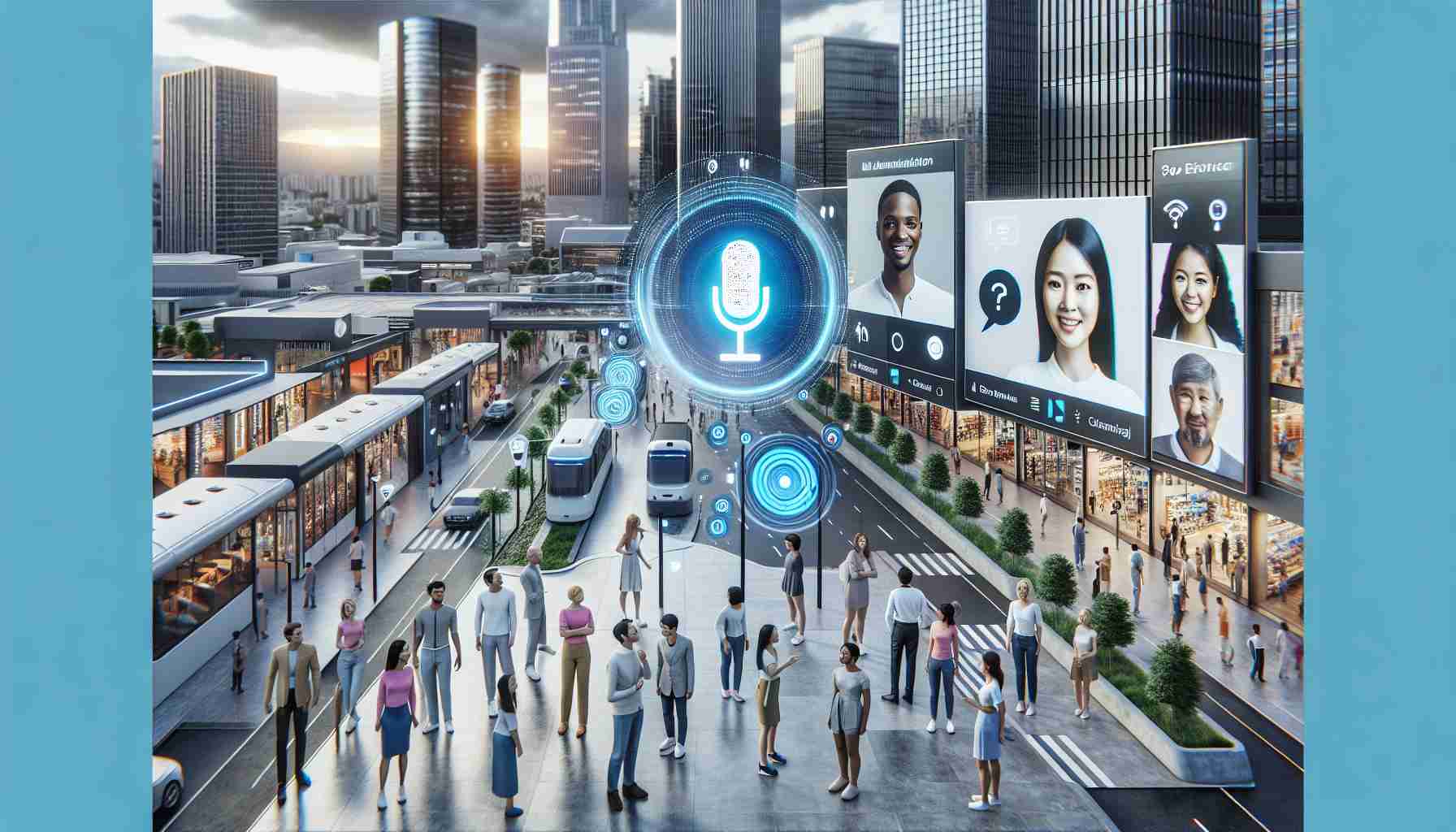Embracing AI for Better Governance
In a bid to excel in administrative efficiency, Daejeon Seo-gu’s office has taken a leap into the future of technology by announcing the implementation of an innovative ‘AI Voice Bot’. This system, equipped with knowledge of over 800 tasks across 160 departments, streamlines the handling of citizen inquiries by automating the transfer to appropriate departmental personnel.
Reducing Wait Times for Improved Customer Experience
Previously, the onus was on switchboard operators to manually connect calls to relevant departments after assessing the content of the inquiry. However, by integrating the AI Voice Bot into their workflow, Daejeon Seo-gu anticipates a decline in call wait times, even during peak periods of high call volume, thereby enhancing overall citizen satisfaction.
Commitment to Progressive Administration
Seo Cheol-mo, the district head for Daejeon Seo-gu, expressed confidence in the deployment of the AI Voice Bot. He highlighted the system’s potential to deliver convenient and efficient governmental services to the public. He further emphasized the administration’s commitment to leveraging diverse technologies to foster a culture of innovative and efficient governance.
Important Questions Regarding AI Voice Assistant Deployment in Daejeon Seo-gu
1. How does the AI Voice Bot improve administrative efficiency in Daejeon Seo-gu?
The AI Voice Bot is designed to handle citizen inquiries by automatically directing calls to the relevant departmental personnel. This minimizes the need for manual transfer by operators, thus increasing efficiency.
2. What are the anticipated effects on customer experience?
The implementation is expected to reduce wait times for citizens, particularly during high call volume periods, thereby enhancing the customer experience by providing quicker responses to inquiries.
3. What are the challenges associated with implementing such AI systems in public administration?
Challenges might include ensuring the quality and reliability of the AI interactions, overcoming potential skepticism or resistance from both the public and employees, and maintaining data privacy and security.
Key Challenges and Controversies
One of the key challenges in integrating AI assistants in public service is maintaining the privacy and security of citizens’ data. Trust in AI systems is crucial, and any breach could lead to significant controversies. Additionally, there is a need for continuous improvement of AI capabilities to handle complex or extraordinary issues that may not be part of its initial programming.
Another possible controversy could stem from the displacement of human jobs, as some employees working as switchboard operators might find their roles redundant.
Advantages and Disadvantages
Advantages:
– Improved efficiency and faster service provision to citizens.
– Potential cost savings for the administration in the long run.
– Freeing up human staff to focus on more complex tasks that cannot be automated.
Disadvantages:
– Initial implementation costs can be high.
– It could lead to a reduction in human staff, affecting employment.
– Potential risks of miscommunication or system errors that could detract from service quality.
Related Links
For more information about the integration of AI in public administration and AI developments similar to the Daejeon Seo-gu initiative, visiting the main domains of technology-focused and civic administration organizations can be helpful. Here are a few:
– MIT Technology Review
– Smart Cities World
– Digital.gov
Please note that the URLs provided are only for the main domains. It is always recommended to look for the most recent and relevant information on these websites regarding AI in the public administration sector.





